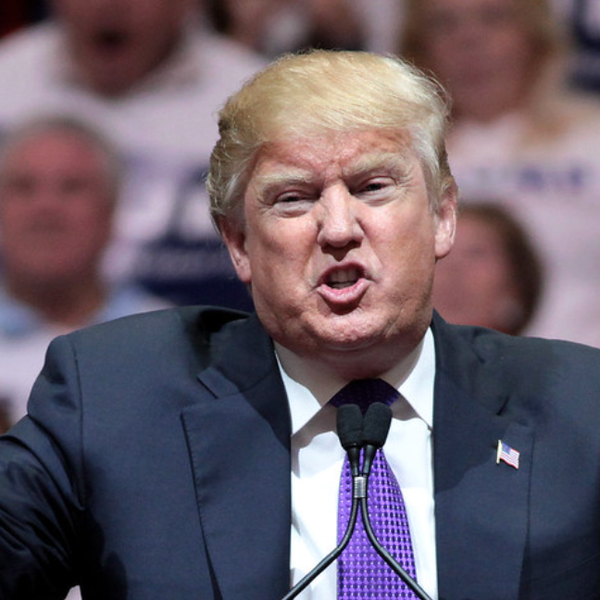
By David G. Savage, Tribune Washington Bureau
WASHINGTON — Police may not search the smartphones of people who are put under arrest unless they have a warrant, the Supreme Court has ruled, a unanimous and surprising victory for privacy advocates.
The justices, ruling in cases from California and Massachusetts, said the 4th Amendment’s ban on “unreasonable searches and seizures” prevents a police officer from examining a cellphone found on or near a person who is arrested.
Cellphones differ from other objects a person might carry, such as wallets, purses and notepads. Police have been allowed to search those during an arrest.
Because technologically sophisticated phones may hold huge amounts of personal data, they may not be searched without a warrant from a magistrate, the justices said.
Lower courts were split on the issue. Civil libertarians had voiced alarm at permitting routine searches of smartphones, since more than 10 million people are arrested every year, according to the FBI.
But law enforcement officials said smartphones can be invaluable in solving crimes. In one of the two cases in which the court ruled, David Riley was pulled over by a San Diego police officer in 2009 for having expired tags on his car. When the officer saw his driver’s license was suspended, he checked the car and found two loaded guns.
Police then put Riley under arrest and examined his Samsung smartphone. It contained photos revealing his gang affiliation and one of an Oldsmobile that had been used in a drive-by shooting. Riley was charged with attempted murder in the drive-by gang shooting.
He was convicted and sentenced to 15 years to life. The California Supreme Court rejected his claim of a privacy violation, ruling that police may search a smartphone after making an arrest.
AFP Photo/Indranil Mukherjee








